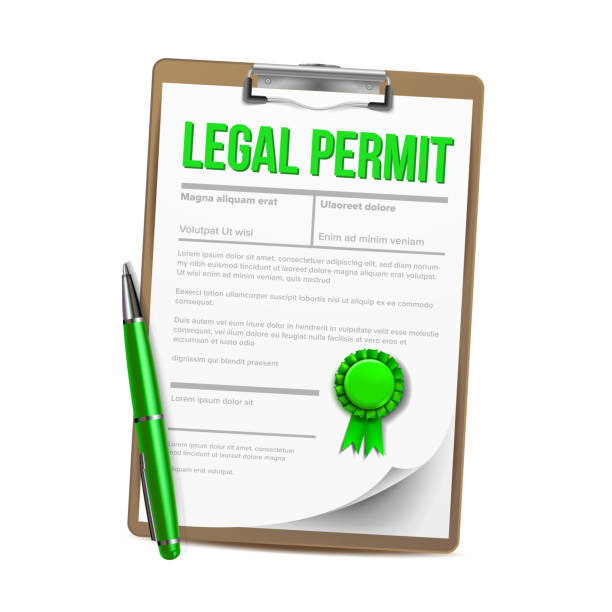Real Estate License
Real Estate License
Real Estate license is a legally authorize issued by government or recognized regulatory body that grants an individual the legal right to operate as a Real Estate agent, broker, or property dealer. Pakistan currently lacks a single, unfined system. However, leading cities such as Islamabad, Lahore, and Karachi are moving toward requiring Real Estate agents to register with the local authority e.g., CDA, LDA, and DHA.
Steps to Obtain a Real Estate License in Pakistan:
1. Meet Eligibility Requirements:
Minimum age requirement (generally 18 years or older) and having the required educational qualifications.
2. Apply to the Provincial Real Estate Authority:
Submit a complete application along with necessary documents like CNIC, educational certificates, and proof of address.
3. Pay the License Fee:
The fee amount depending on province or local jurisdiction.
4. Complete Training and Exams (applicable):
Some regions may require completion of specific courses, training, and exams before issuing the license.
5. Obtain the License:
Once all requirements are met, the license is formally issued, authorizing you to operate legally.
Key Considerations:
Provincial Variations:
The specific procedures and requirements for obtaining a Real Estate license can vary between provinces in Pakistan, according to some Real Estate resources.
Professional Development:
Beyond obtaining a license, success depends on gaining market knowledge, experience, and online presence.
Purpose of Real Estate License
Ensures professionals are qualified to facilitate property transaction.
Protects the public from fraud and unqualified agents.
Provides legal authority to earn commissions in regulated areas.
How License Works Globally
In developed countries, Real Estate licenses are regulated at the state or provincial level. Agents must complete formal training, pass examinations, and often work under a licensed broker. Licenses require periodic renewal along with continuing education to stay compliant with legal and industry standards. Working in another region often requires an additional license or meeting reciprocity agreements. Regulatory bodies—such as the Real Estate Regulatory Agency (RERA) in Dubai—oversee compliance and protect consumer interests.
Why Regulation is Increasing in Pakistan
Fraud Prevention – fake files and double-selling are common scams.
Tax Compliance – to ensure commissions are documented and taxed.
Professional Standards – to match international standards.
AML/CFT laws – to prevent money laundering and terrorism financing.
Likely Future Licensing Structure in Pakistan
Based on current government proposals:
1. Establishment of the National Real Estate Regulatory Authority (NRERA.
2. Mandatory Real Estate training program – possibly short-term certificate or diploma.
3. Different License categories – for agents, brokers, property managers, and developers.
4. Annual renewals – with professional development credits.
5. Public agent directory – clients can verify your license online.
Advantages of Being Licensed / Registered
Builds client trust, making high value deals easier to close.
Offers Legal protection against fines or shutdowns.
Grants Exclusive access to projects that only sell through licensed agents.
Expend networking opportunities more collaboration with banks, builders, and investors.
Enable higher commissions through enhanced credibility
Risks of Working without a License
Risk of fines or ban from operating in regulated cities.
Loss of client trust if when proof of credentials is requested.
No access to premium projects or societies.
Difficulty opening bank accounts for business use.
Weaker standing in legal disputes courts may not recognize claims from unlicensed agents.
CONCLUSSION
Securing a Real Estate license is a critical step for anyone aiming to establish themselves in the property industry. It equips professionals with the legal authority to represent buyers and sellers, ensures compliance with local regulations, and enhances credibility in the eyes of clients. More than just legal obligations, a license reflects dedication to mastering industry knowledge, from market analysis to negotiation skills, and committing to ethical standards. In today’s competitive Real Estate market, being licensed not only opens the door to wider career opportunities and higher earning potential but also builds trust, which is essential for long-term success. Ultimately, a Real Estate license is both a professional necessity and a powerful asset for growth, reputation, and sustainability in the industry.



